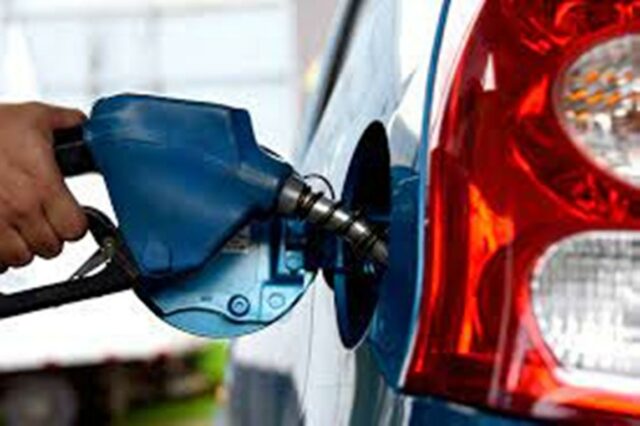The use of agricultural and agro-industrial waste to promote the use of biofuels, especially in the area of heavy cargo transport, is the vision that the government would have within the National Development Plan 2022-2026.
This was announced by Franz Tattenbach, Minister of the Environment, during a conference at the College of Agricultural Engineers of Costa Rica, where he presented part of the work priorities for the environmental sector over the next four years.
Although he indicated that he could not give more details on the subject, since it is up to President Rodrigo Chaves to announce the National Development Plan, he made it clear that biofuels will have an important place in the government program.

Important opportunities in biofuels
“In energy, I think there are very important opportunities in biofuels, which is an agricultural issue, according to balances that we have made, conversations with Vice President Brunner, the capacity to generate biomethane, for example, that Costa Rica has is enormous, it can generate practically everything that is consumed in diesel for heavy cargo transportation could be generated with biomethane from the already existing waste of large-scale agriculture that is concentrated,” said Tattenbach.
Despite the fact that biofuels are part of the National Energy Plan 2015-2030, the issue has not been able to make notable progress within the national energy matrix, even having setbacks when the Costa Rican Petroleum Refinery itself (Recope) has tried to enter in gasoline with ethanol and biodiesel.
However, the head of the Ministry of Environment and Energy (Minae) indicated that he had no fear that the country would advance in the incursion of biofuels, assuring that the potential of biogas from agribusiness waste could replace the diesel that It is used in heavy cargo transportation.
Not afraid
“I am not afraid that Costa Rica gets into biofuels, even to plant them if that is the case, because Costa Rica has already mastered deforestation, it is not a country that, if we get into producing something for fuel, we are going to get out of hand and we are going to start deforesting, Costa Rica does not deforest and if we could manage a biofuel program if necessary, we could manage it without fear,” added Tattenbach.
On the other hand, the estimates made by Tattenbach do not generate much confidence among environmentalists, who point out that there are many questions pending resolution before the country decides to bet on these alternative energies. The lack of studies to determine production costs, as well as final costs for consumers, is the main point they refute.
“When it comes to the unlimited promotion of biofuels, I think the country is still very raw in this matter, ICE itself recognizes in the 2020-2035 expansion plan that at this time the production costs of biofuels continue to be higher than those of any petroleum derivative,” said Osvaldo Durán, a member of the energy commission of the Costa Rican Ecological Federation (Fecon).
Comprehensive Waste Management Law
Another of the doubts that environmentalists have is that the application of the Comprehensive Waste Management Law be properly handled, since to date very little progress has been made in its compliance.
In addition, they consider it dangerous that to produce this type of fuel it is necessary to increase the planting of monocultures such as sugar cane or African palm, which could bring new negative consequences to ecosystems.
“Who can associate the volume of biofuel production with the planted area of a certain product? Until now this has been quite experimental, but nobody can guarantee that this does not mean a new threat for more ecosystems in this country; No one can guarantee at this time that it will carry more energy and reduce dependence on oil, nor that this will have a cost and impact on ecosystems,” Durán added.
The environmentalist recalled that, if the government overcomes these questions, it will have to draw a distribution system route for these biofuels, especially if it will be used for heavy cargo transportation.
Given the doubts of the environmental sector about a possible promotion of this type of alternative energy to reduce dependence on the oil bill, the government will have to define within its plan the way to venture into the use of biogas, biomethane, biodiesel and biofuels in general , especially in production costs and possible environmental impacts.


